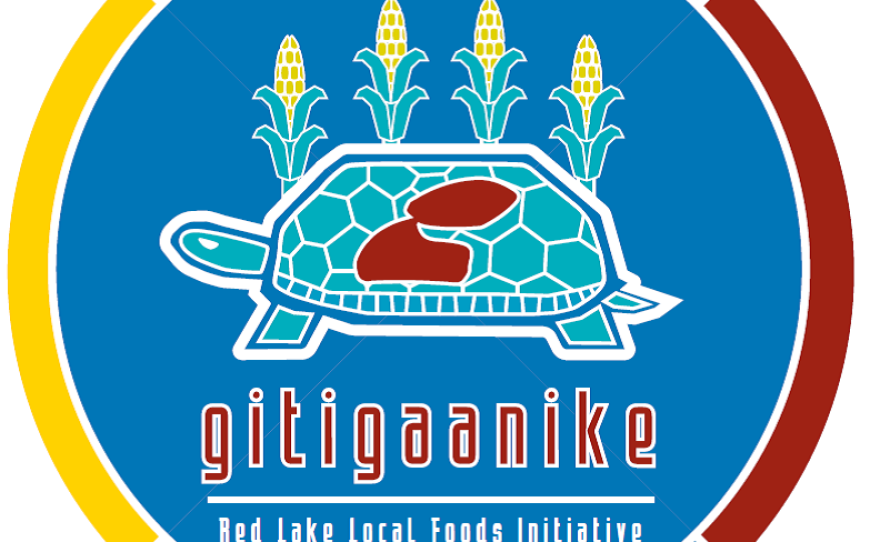David Manuel is passionate about providing healthy food for the people of the Red Lake Nation. "Food defined our existence," he explains. "We migrated from season to season, making different camps at different locations all around northern Minnesota. All the way up to Rainy River where they speared sturgeon in the spring. We usually went up there after our sugarbush. Our sugarbush is our New Year. It's the beginning of the new year...That's what we're going to be talking about at the [Red Lake Nation Food] Summit--our seasonal activities related to gathering food, cultivating our gardens, foraging for wild stuff."
Red Lake Nation holds its second annual food summit from September 13th through the 16th at the Red Lake Nation College and at the Red Lake Local Foods Initiative training garden in Redby. Everyone is welcome to attend. Demonstrations include dressing deer, smoking fish, and snaring rabbits. There are daylong sessions on indigenous seed saving, soil health and nutrient management, and sessions on treaties and food systems, and decolonizing the diet.
Friday evening's keynote speaker, Kade Ferris, will speak about the "History of Red Lake Food." David Manuel explains that the people of Red Lake always had large gardens to supplement what they hunted, and to provide food over the winter. When loggers came to the northwoods, it was the gardens of Native American families in places like Red Lake and Redby that fed the loggers (who didn't know how to garden) in Kelliher, Saum, Bagley, and other towns. In the late 1920s 1500 tons of potatoes were hauled from Redby south.
There is a renaissance of indigenous foods nationwide, led by people like Chef Sean Sherman and others. Obviously, food is also a big part of Red Lake culture. The summit offers 6 meals based on indigenous ingredients.
Besides the Summit, the Red Lake Local Foods Initiative provides a training garden, cooking classes, and is developing economic opportunities from growing food. "We approach it professionally," David says. "We plan to compete with other growers." Currently, the garden in Redby is supplying three kinds of kale and several varieties of peppers to Harmony Food Co-op in Bemidji, and sells at a local market stand in Red Lake.
"Gitigaanike (git-i-GAHN-i-kay) means 'to make a garden,'" says David Manuel, and adds: "We like to help people discover the joys, toils, and fruits of gardening!"
Follow this link for more information or to sign up for the Red Lake Nation Food Summit. Our full interview with David Manuel is below.













